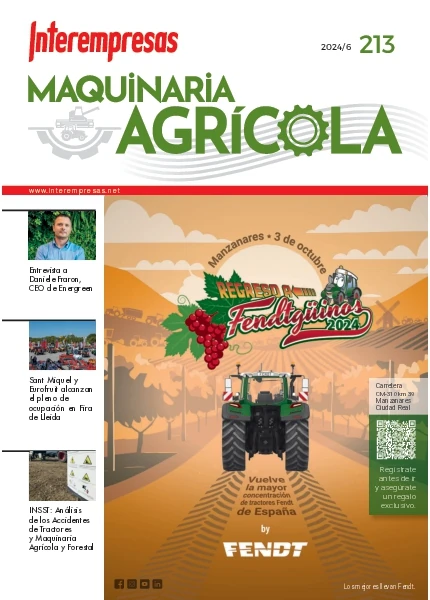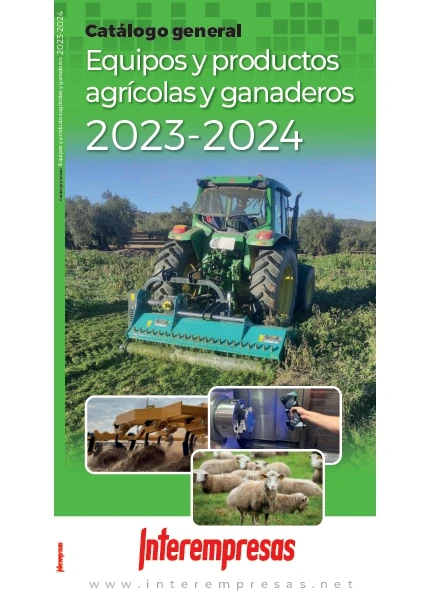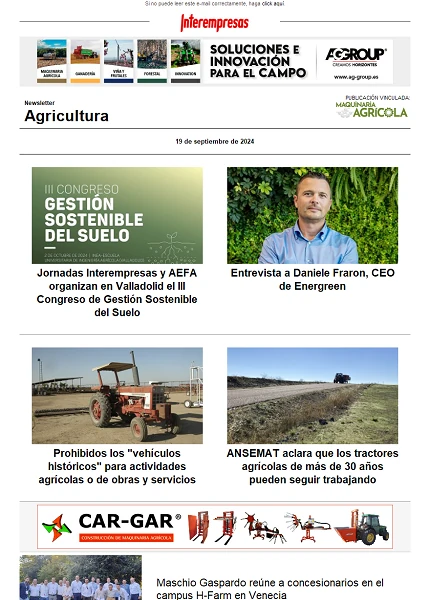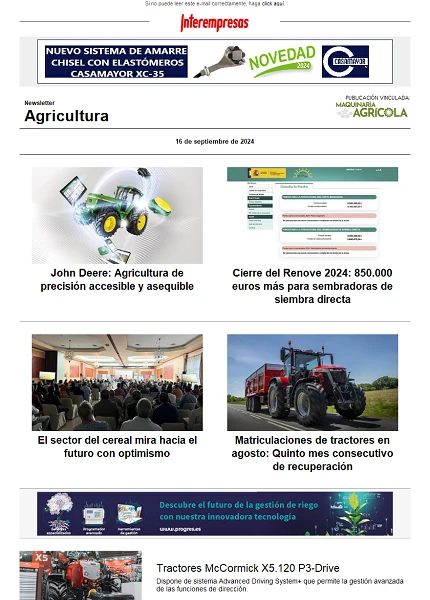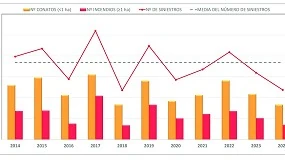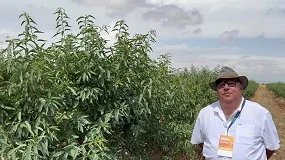El papel de las cooperativas agroalimentarias
La fuerza de las cooperativas en Europa
13 de diciembre de 2010
El 25 de marzo de 1957 se firmó el Tratado de Roma, por el que se instituye la Comunidad Económica Europea. Este documento fundamental ya contenía las principales disposiciones que debían servir de marco de desarrollo de lo que se denominó entonces (y sigue haciéndose así) la Política Agraria Común (PAC).
En su acta fundacional, la Comisión Europea reconocía expresamente la importancia del sector agrícola, al tiempo que expresaba su deseo de mantener, desde el primer momento, una colaboración estrecha con los representantes de las organizaciones agrarias, a los que en 1958 invitó a asistir como observadoras a la Conferencia de Stresa (Italia), en la que definieron las bases del diseño del PAC.
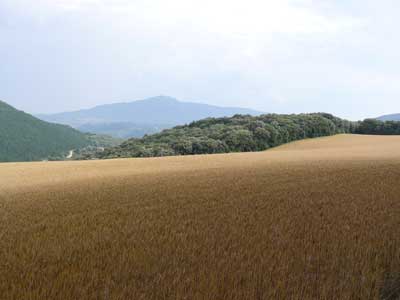
De resultas de ello, el 6 de septiembre de 1958 se fundó la primera organización representativa de la agricultura europea, el Copa (Comité de Organizaciones Profesionales Agrícolas). Poco tiempo después, el 24 de septiembre de 1959, las organizaciones cooperativas agrarias nacionales de los distintos países miembros crearon su organización representativa europea, la la Cogeca (Comité General del Cooperativismo Agrario en la Unión Europea), que agrupa, además de a las cooperativas agrarias, a las pesqueras. Entonces, la Cogeca contaba con seis miembros.
La Secretaría de la Cogeca se fusionó con la del Copa el 1 de diciembre de 1962. Desde entonces, la organización ha sufrido seis ampliaciones, estando integrada, hoy en día, por 35 miembros efectivos y cuatro miembros afiliados a la Unión. También la integran 36 organizaciones miembros colaboradoras.
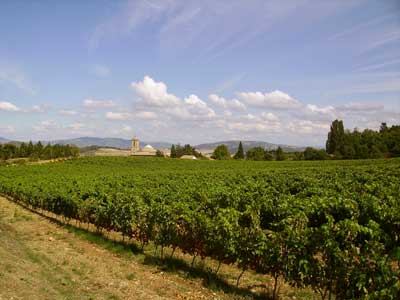
En el contexto de las recientes ampliaciones de la Unión europea, el Copa y la Cogeca han venido reforzando juntos su posición como organizaciones agrícolas representativas más fuertes de Europa. El Copa y la Cogeca han acogido juntos a 38 organizaciones agrícolas y cooperativas nacionales de los nuevos Estados miembros. Ambas organizaciones representan hoy a 76 organizaciones de los Estados miembros de la UE.
La Cogeca, ahora denominada ‘Confederación General de Cooperativas Agrarias en la Unión Europea’, representa en la actualidad los intereses generales y específicos de unas 40.000 cooperativas agrarias que dan empleo a unas 660.000 personas, y cuya facturación global anual supera los 300 mil millones de euros. Desde su creación, la Cogeca ha gozado de reconocimiento por parte de las instituciones europeas como el principal órgano representativo y, de hecho, como portavoz del sector del cooperativismo agrario y pesquero en su conjunto.
Las cooperativas agrarias en la Unión europea son un importante factor socioeconómico en el ámbito económico y social en general, pues detentan una cuota de mercado de más del 50 % del suministro de insumos agrícolas; realizan más del 60 % de cuota de mercado en las actividades de recolección, transformación y comercialización de los productos agrícolas.
Características de las cooperativas
- Son al mismo tiempo asociaciones de personas individuales y empresas económicas.
- Representan la extensión de la actividad agraria, al permitirle a los agricultores concentrar su poder abasteciéndoles de insumos y de maquinaria a la vez que recolectan, transforman y comercializan la producción de sus socios.
- Sus actividades se basan en los principios de la democracia económica, de la transparencia y de la solidaridad entre sí y también frente a sus comunidades rurales locales.
- Desempeñan un papel vital en el ajuste de la producción de sus socios a las demandas de los consumidores y en la mejora de su eficacia económica y posición en el mercado.
- Contribuyen a garantizar productos de calidad respetuosos del medio ambiente, desde la producción hasta el mercado.
- Son importantes agentes socioeconómicos de desarrollo rural, al ser garantes de la viabilidad económica de las zonas rurales, incluidas en las regiones desfavorecidas. Al constituir y explotar redes rurales económicas, de información y de servicio esenciales, forman la espina dorsal del paisaje social europeo.
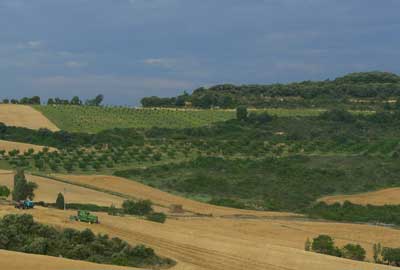
El difícil momento actual
España:
Durante la inauguración del VI Congreso Nacional de Cooperativas Agroalimentarias, que se celebró recientemente en Zaragoza, el Príncipe de Asturias resaltó en su discurso que las cooperativas son las únicas empresas capaces de aportar empleo estable en el medio rural, a la vez que elevan la calidad de vida de estas zonas y mantienen las tradiciones agroalimentarias de nuestro país.
Por su parte, el presidente de Cooperativas Agroalimentarias, el aragonés Fernando Marcén, indicó que, efectivamente, el sector está atravesando momentos complicados, pero “es el momento de analizar entre todos que está pasando en el mercado, conocer que están haciendo los mejores y, sobre todo, es el momento de recuperar la ilusión, haciendo que se cumplan los principios fundamentales del cooperativismo. Unidos podremos, una vez más, salir adelante con éxito y seguir manteniendo el firme compromiso con el futuro del medio rural y con las miles de familias que forman parte de él”. Subrayó también que con este sexto Congreso, lo que se pretende es fomentar las alianzas y la intercooperación entre cooperativas, a la vez que visualizar el papel de las 4.000 cooperativas españolas y su importancia en el sector agroalimentario.
En esta línea, el secretario de Estado de Medio Rural y Agua, Josep Puxeu, reiteró el papel de las cooperativas dentro del sector agroalimentario, primer sector agroindustrial de Europa y de España, con más de 1.200.000 empleados en este país, que ocupa y gestiona el 80% del territorio europeo. “Si este sector es estratégico, las cooperativas sois claramente el motor”, añadió.


